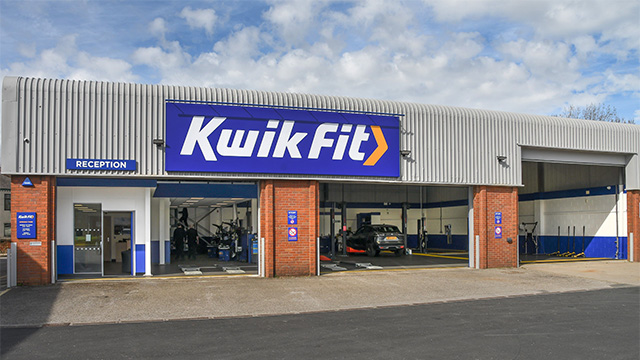Postel has announced plans for a major West End refurbishment; and in the same week new research from Herring Baker Harris highlights the dangers of overdevelopment in the area. Gill South and Denis Hall report
IBM’s former headquarters at 103 Wigmore Street, W1, are the target for Postel’s multi-million-pound refurbishment plans. The computer giant’s lease runs until 2004, but the company is believed to be paying Postel a capital sum to extricate itself from the contract. IBM will, however, continue to pay an unspecified rent to Postel until a new tenant is found for the 107,000-sq ft 1950s building.
Mark Ridley, partner at Weatherall Green & Smith, who is advising IBM, said: “IBM have maintained their interest in the property and are co-operating with Postel on the refurbishment of the building.”
The 15-month refurbishment, which will entail re-cladding the exterior and creating a new three-storey reception area, is expected to cost more than £10m. On completion, the property will compete with AXA Equity & Law’s 101 and also 105 Wigmore Street which is due to be refurbished.
Alastair Ross Goobey, chief executive at Postel, said: “At the moment really modern space in the West End is beginning to diminish rather rapidly. It is our intention to make the building attractive to tenants and we expect the refurbishment to be fairly extensive.” Weatherall Green & Smith, Jones Lang Wootton and Teacher Marks Deal will market the new scheme.
Most agents are confident that demand will continue to rise steadily, if slowly, in the West End, according to Herring Baker Harris’ research. Others argue that changing employment patterns and oversupply in central London will cause major difficulties.
“Current levels of high availability result from falls in office employment in the West End and a consequent decline in utilised office stock. Employment is unlikely to return to growth before 1996-97 and then the increase will initially be absorbed in companies’ existing surplus space,” comments the report:
Until employment rates start to grow again, it notes, take-up is being fuelled by restructuring and upgrading as lease expiries and break clauses give occupiers room to manoeuvre.
HBH predicts more activity of this kind as rents rise and tenants quit previously overrented properties in favour of better-quality space.
But it warns: “If there is too much speculative activity, there is the danger of a return to an oversupply of ‘Grade A’ space after 1996. Developers must therefore be sensitive to demand, location, quality, competition, and timing.”










